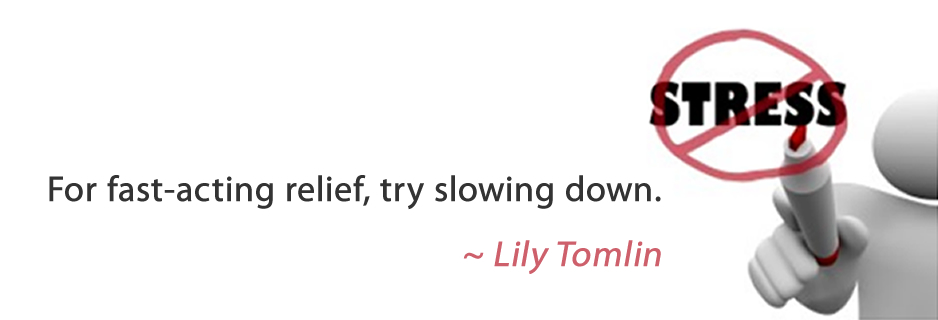When we get stressed and overwhelmed we do and say dumb things. We babble on endlessly or go completely mute. We snap at our friends and family, or feel annoyed by strangers on the street. Extending further than just our brain, even our bodies can react negatively and refuse to sleep. Physical, emotional and intellectual stress can drag us down. A number of researchers have discovered that psychological stress affects the thinking skills and brain development of even the youngest student.
Stress hormones produced during worrisome times can shape the developing circuitry of the brain. They influence the neural connections in the prefrontal cortex (behind the forehead) that house our executive functions. These functions include our working memory, self-regulation and cognitive flexibility. Executive functions are critical for reasoning, planning and problem solving, and for regulating emotions and attention. They are essential to academic success. The amygdala, at the centre of the brain, is the hub of emotional responses. A storm of emotions raging in the amygdala can weaken the prefrontal cortex, hampering our ability to think and learn. Students under considerable emotional stress underperform in school as stress impairs executive function.
Stress can also affect our emotional intelligence. It negatively impacts our ability to intuit other people’s feelings, convey our own feelings and communicate. Stress can prevent us from being aware of and controlling our emotions, getting along with others, adapting to change, and maintaining a positive mood.
High levels or chronic stress can:
- Affect decision-making, creating impulsivity
- Increase our likelihood of making mistakes
- Cause us to ignore cues
- Interfere with personal relationships
- Lower productivity
Not all stress is bad. In fact, a little stress heightens alertness and improves our performance on complex tasks. However, at a certain level, stress starts to erode performance. When stress hormones, such as cortisol and noradrenaline, reach high levels, they flood the brain and shut down self-regulation.
Stress from a variety of sources, such as chaotic and poorly run classrooms, or problems with family or peers, impedes learning. The good news is that knowing about the negative effects of stress means that finding ways to counteract it could boost students’ learning capacity. The possibility exists that informed changes to home and learning environments could increase students’ self-control and academic competence. Actively reducing stress in students can improve their well-being and cognitive performance. For example, some Canadian schools have incorporated mindfulness into their curriculum. Students are taught to stop and breath during periods of peak stress. The breathing helps calm emotions by focusing on the student on the breath and helping them learn to pay attention to the moment-by-moment experience without judging or thinking too deeply about it. This dispassionate focus on the present helps to ward off stress that arises from ruminating on past experiences or feeling anxious about an imagined future. The breathing may also develop executive functions directly. Students learn to inhibit the urge to elaborate on thoughts and feelings that pop into their consciousness. The effort helps them deal with the mental conflict of competing stimuli or goals, a skill needed to prioritize.
References:
Blair, Clancy. “Treating a Toxin To Learning”. Scientific American Mind. September/October, 2012: 64-67. Print
Cullen, Lisa. “Stress Makes You Stupid.” Time.com. N.p., 6 Aug. 2007. Web.
Wickelgren, Ingrid. The Education of Character. Scientific American Mind. September/October, 2012: 49-58. Print.
')}



